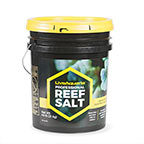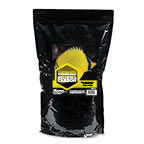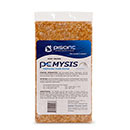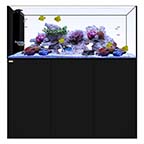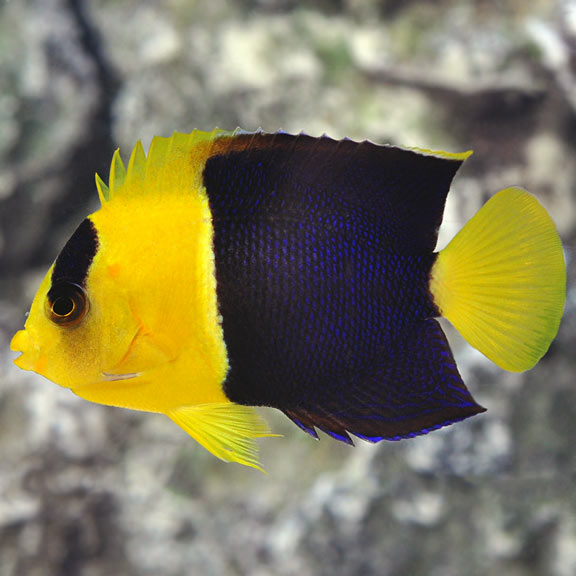
Additional locales and sizes may be available!
Additional locales and sizes may be available! Email me when availableQuick Stats
What do these Quick Stats mean? Click here for more information
What do these Quick Stats mean? Click here for more information
Overview
A minimum of a 70 gallon tank with lots of hiding places and live rock for grazing will offer an environment in which to thrive. Not a good reef dweller, the Bicolor Angelfish is prone to nip at stony and soft corals (sessile invertebrates) and clam mantles.
It is hermaphroditic, very difficult to breed in an aquarium, and has no distinguishable differences in color between male to female. The Bicolor Angelfish requires a diet of Spirulina, marine algae, high-quality angelfish preparations, and mysis or frozen shrimp.
Approximate Purchase Size: Small: 1" to 1-3/4"; Medium: 1-3/4" to 2-1/2"; Large: 2-1/2" to 4"



